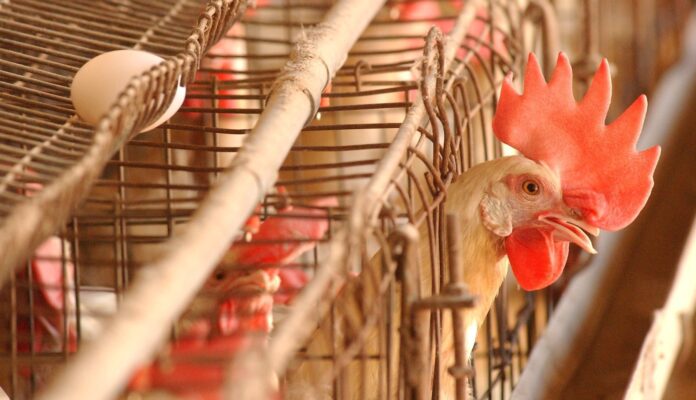Poultry Association of Nigeria (PAN) on Monday appealed to the Federal Government to formulate lasting policies that will ensure sustainability of the poultry sector of the economy.
Mr Pius Aminu, Chairman, PAN, FCT Chapter made the call in Abuja adding that implementation of such policy would enable the country to harness full potentials inherent in the sector.
Aminu further said that the policy would save the industry from imminent collapse.
The chairman, who frowned at the present state of the poultry industry with regard to hike in prices of eggs, meat, feed and drugs among others, blamed it on lack of sustainable industry policy.
He listed the key areas the policies should address to include: Biosecurity, hike in poultry drugs, reversal of import duties, challenges facing the breeders, hatcheries and portfolio farmers, among others.
According to Aminu, the breeders and hatcheries need such policies to reduce cost of production as a day-old chick at the moment was sold at the rate of N500 and above.,’’.
The chairman further suggested that such a policy should identify core poultry farmers that bear the grunts of the challenges in the industry.
Aminu said: ”Not traders or portfolio farmers that would use the policy to boost their income and ruin the nation’s economy.”
He said that such measures would enable core farmers to benefit maximally from the industry and in the long run enhance the national economy.
“The policy should be such that poultry farmers are involved directly, not portfolio farmers, real poultry farmers that their farms can be verified not traders. Government should separate between farmers and traders.
“Their farms should be visited. A practicing farmer knows what it takes to care for birds, when there is mortality in his farm, he knows the implications,’’ Aminu said.
According to him, once supply is low, demand will go higher and that would lead to price hike generally not only in the poultry sector
Aminu said: “In the past, we were buying 100kg bags of maize at N10,000 translating to N100, 000 per tonNE, but at the moment, it is over N20,000 per bag, amounting to N200,000 per tonNE and above.
“Therefore, by the time you factor it in your production of course, it will affect the cost of your eggs.
“When you cost your egg, what it costs you to produce an egg to sustain production, you must factor it in your profit margin, and who pays for that? the consumer.
“Therefore, we have no options than to do the needful so that our farmers are in business,’”




